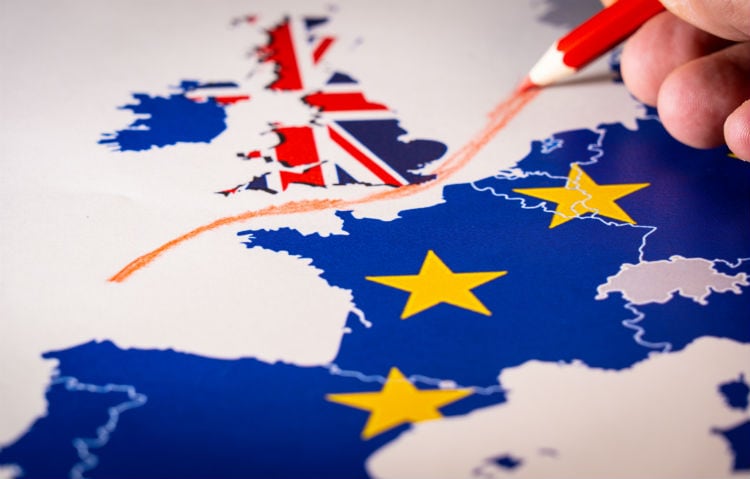The threat of a no-deal Brexit, where the UK crashes out of the UK on March 29 without a trade deal with the EU, is beginning to have serious consequences for the confectionery industry.
Confectionery News reported in September that Mondelēz International (owners of Cadbury in the UK) were making plans for a hard Brexit by beginning to stockpile raw materials.
Logistics
Dirk Van de Put, the company’s chief executive, said Mondelēz is now ramping up plans as the deadline nears by investing more in logistics, trucks and warehouse space to ‘facilitate the stockpiling of additional raw and packaging materials in the UK and Europe.’
“Brexit could come with other effects like devaluations or tariffs and may be loss of consumer confidence in the first part,” he said. “Those types of things we have not prepared in our guidance but we are preparing for it in case it would happen.”
Ferrero also has a huge presence in the UK, employing 3,000 people and an annual turnover of £500m ($647m).
Richard Laming, head of public affairs at Ferrero UK, told politicshome.com: “We can work with our suppliers and logistics partners to build up advance stocks of some products and ingredients, in order to keep our consumers supplied, but there are limits to what we can do. The shelf-life of some ingredients can be quite short – Ferrero products are renowned for their freshness – and storage capacity is limited. And remember, every additional pallet of product stored in our warehouse represents an additional cost to our business, diverting resources from investment in skills, productivity or innovation.”
Without a long-term free trade agreement between the UK and the EU, new trade barriers would have to be introduced at borders, and Laming says the prospect of different rules on food standards and food safety could make it harder and more expensive for companies to import and export.
Increased costs
Laming says that Ferrero has 5,000 trucks a year arriving in the UK from all over Europe and customs controls could mean delays and increased import costs on raw materials and goods.
“New labeling rules could divide up the market, putting up prices and reducing consumer choice,” he said.
The cost of a no-deal Brexit will also effect consumers. The UK imports 30% of its food from within the EU. In the event of a no trade deal, tariffs will be owed on these imported food items, ultimately increasing costs for the average UK consumer.
Personal finance website Nimblefins estimates that the cost of confectionery in an average weekly shop could rise by £2.54 ($3.29) due to new tariffs.



